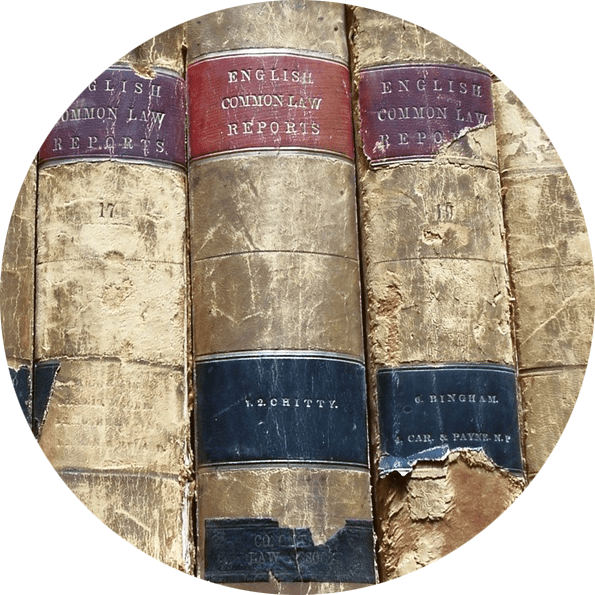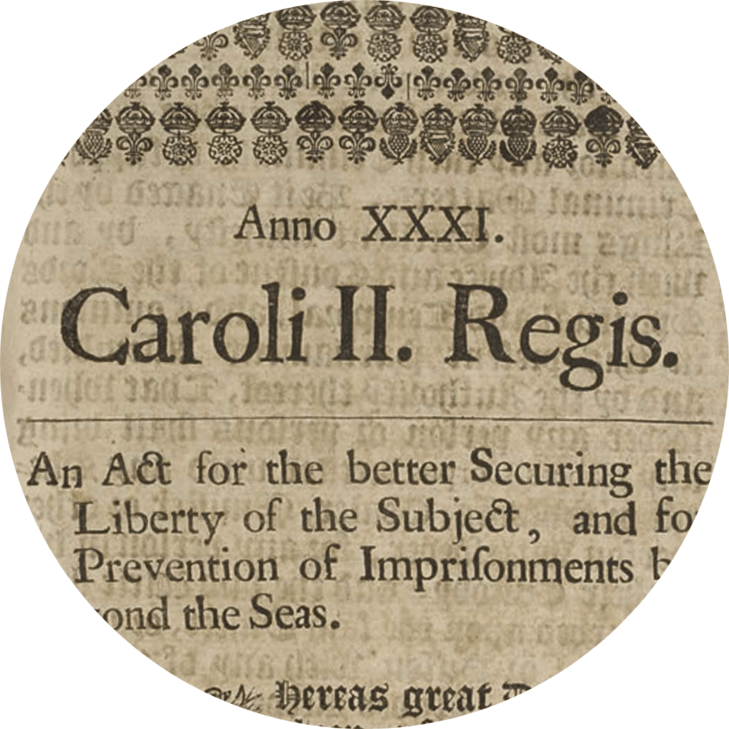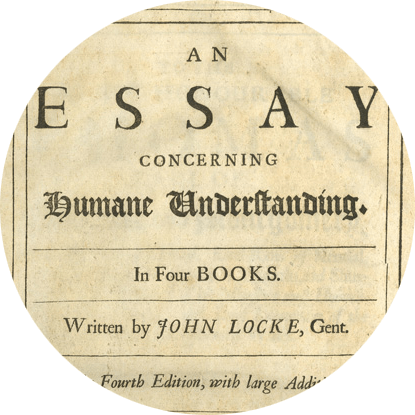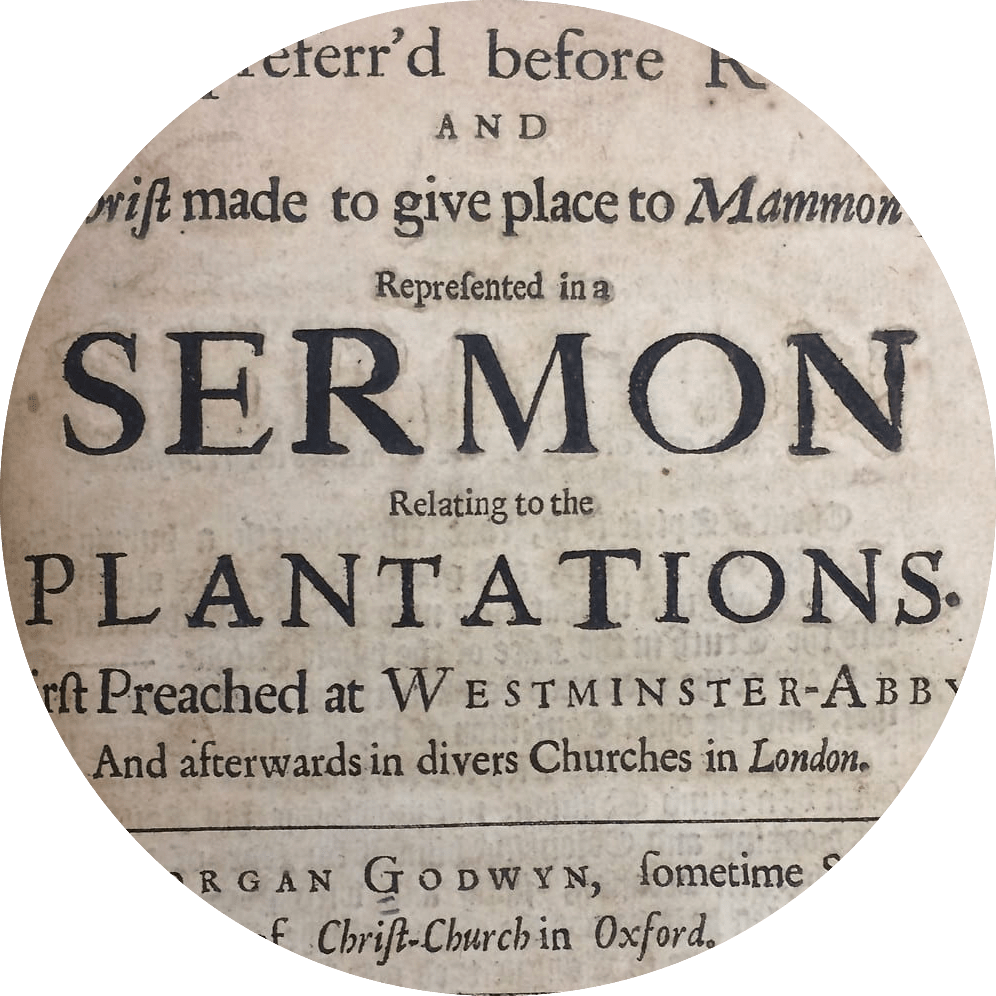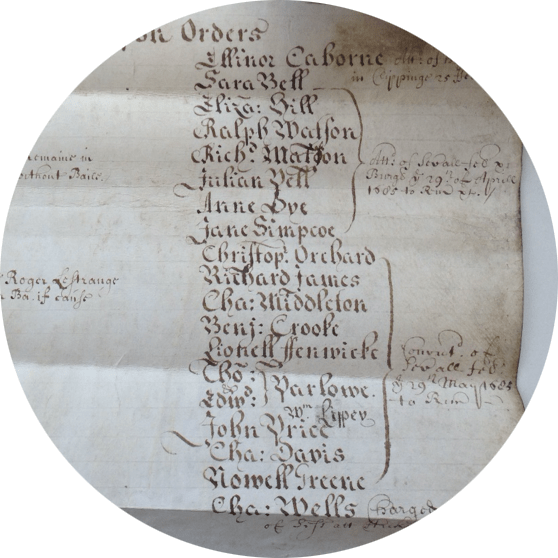Reacting to Absolutism
As the Stuart Monarchs consolidated their power on both sides of the Atlantic, the Whig Party emerged as a new coalition party within Parliament. The Whigs viewed the Stuart monarchs as threats to the liberties of English subjects, and they increasingly attempted to limit and stymie the Stuart kings’ consolidation of power through legislation, pamphleting, and the press. The response from the Crown and its royal allies was to suppress what people could print, but even what they could say in public, including criticism of slavery. Those who sought to challenge the power of the Crown, meanwhile, deployed a variety of creative strategies to evade detection and help mobilize opposition–the beginnings of a concerted attack to tear down what the Stuarts had spent decades building up.
The Stuarts not only attempted to silence critics by making certain speech, ideas, and literature punishable, they also began to England’s high courts, whose judges served “at the pleasure of” the king, to create a more solid Meanwhile, the Crown began to use the courts to strengthen African slavery across the empire: England’s high courts, whose judges served “at the pleasure of” the king. courts which rules that “negroes” were infidels and as infidels were by definition Aliens, not English subjects, and could be enslaved. Structurally courts played much the same role in terms of the empire as that later played by the later US Supreme Court over state laws and policies. They served as courts of review and appeal, and their judgments provided a basis for colonial “common law.” This chapter demonstrates how and why censorship operated, how people resisted or masked subversive thoughts, and how the Crown set policies and practices that legitimated slavery.
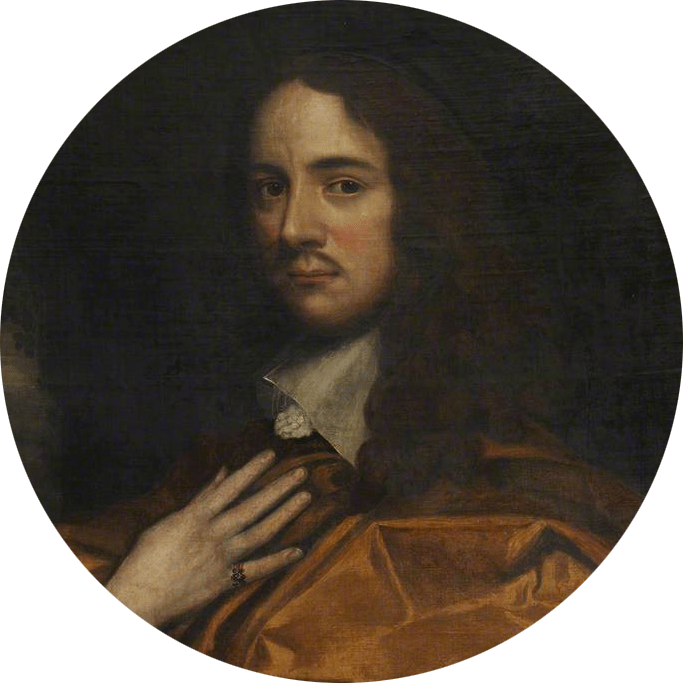
Marvell Andrew – A Collection of Poems On Affairs

